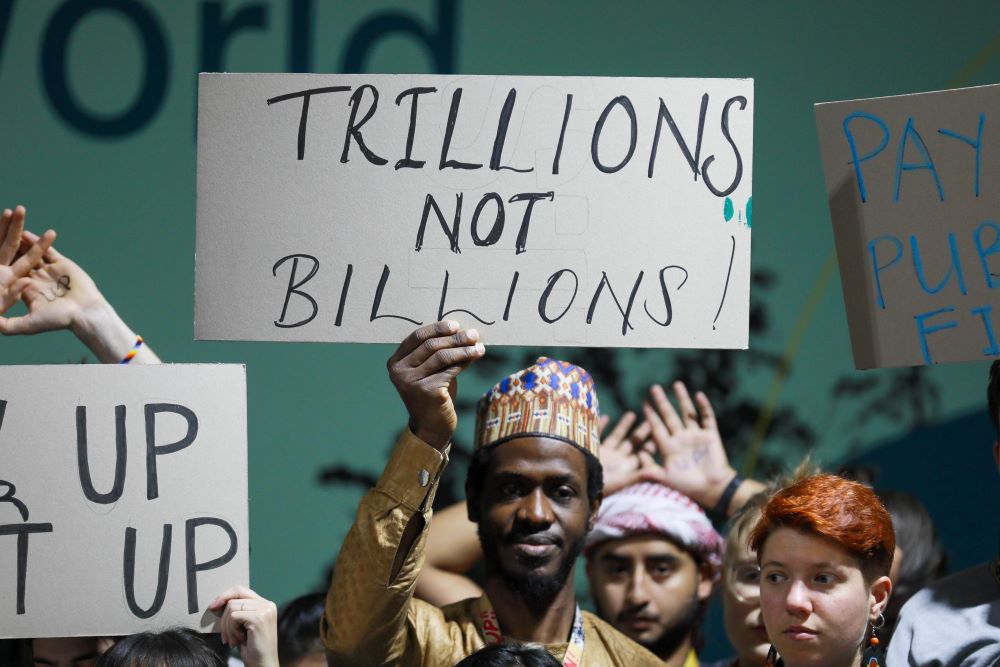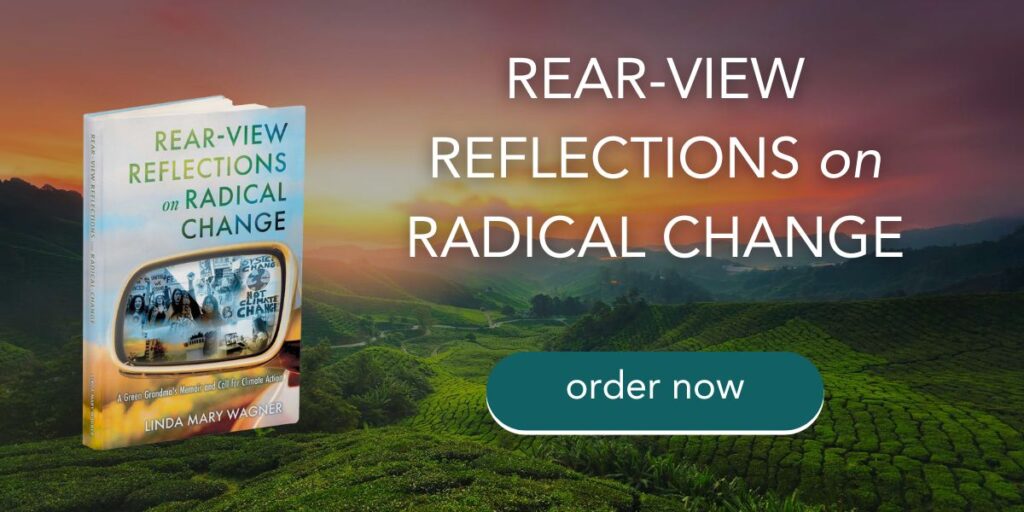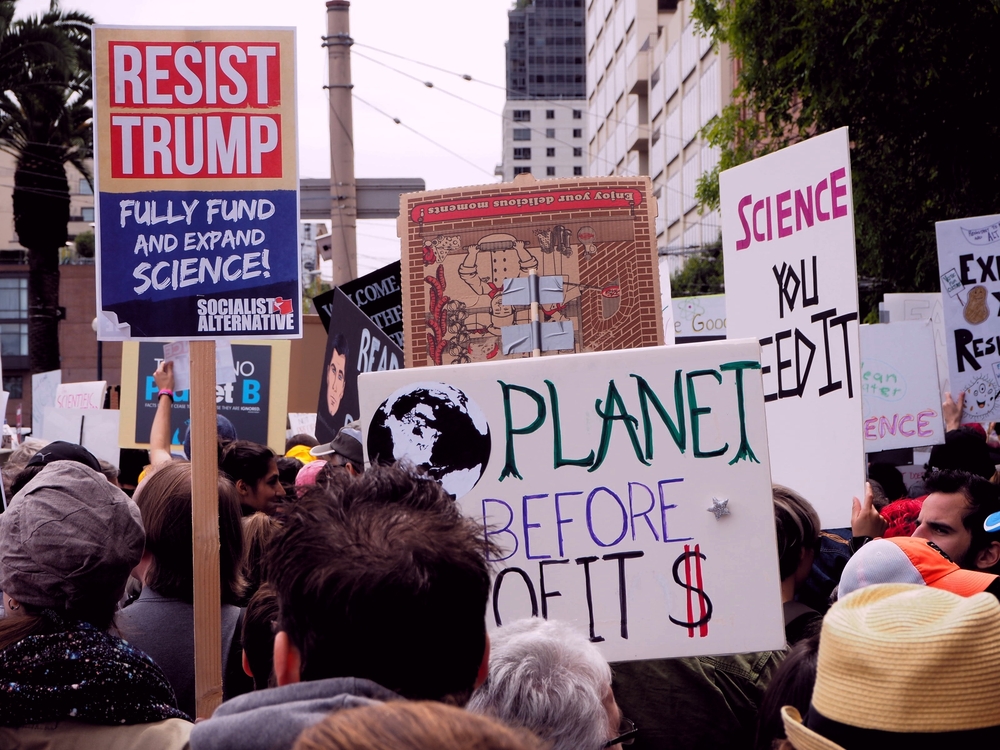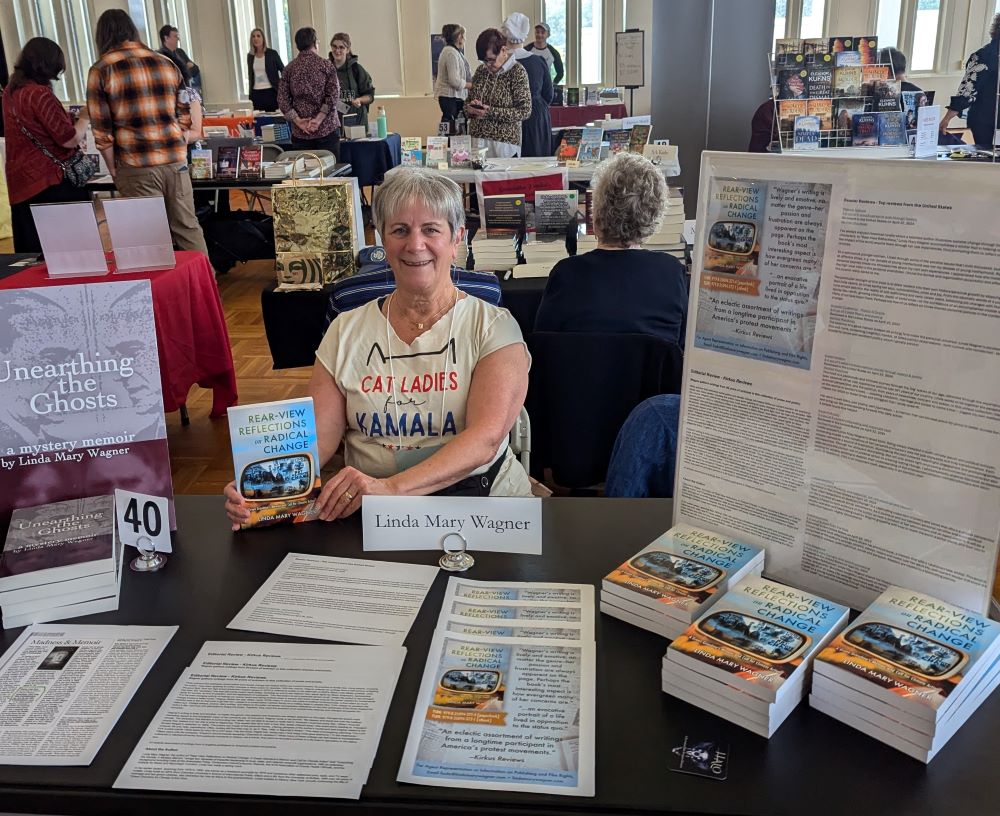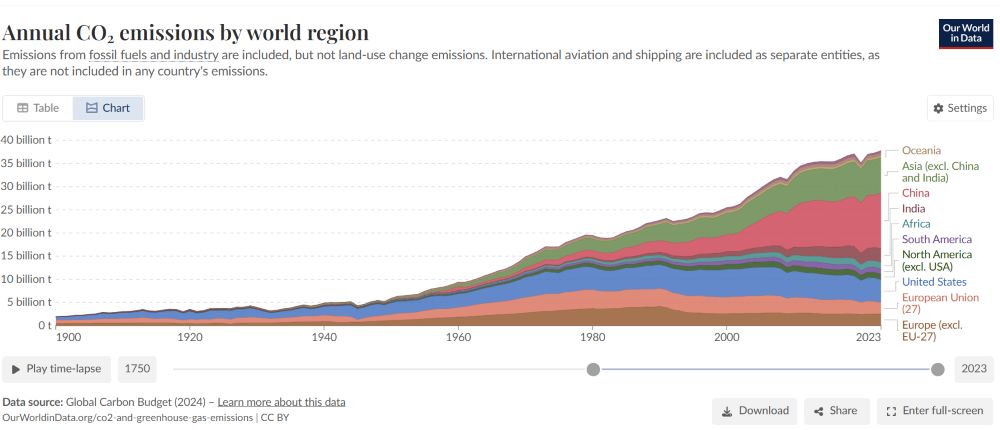The Cop29 global climate summit concluded last month in Baku, the capital of Azerbaijan. First, let’s consider the happy agreements before we examine the disappointing end of the 2024 summit.
Happy Agreements on Carbon Credits
In Cop29’s new carbon market rules offer hope after scandal and deadlock, The Guardian reported some good news: “…governments agreed to rules on how countries can create, trade and register emission reductions and removals as carbon credits after years of deadlock on article 6 of the Paris agreement.” Such an agreement on carbon credit rules has been an obstacle to credible use of this tool.

You can find many more detailed reports on Cop29 at Patrick Greenfield in Baku, and The Guardian sums up the summit’s importance in Think the Cop29 climate summit doesn’t matter? Here are five things you should know. The short list:
- Don’t believe the hype. Cop matters.
- Climate finance is not charity.
- A Cop31 bid stuck in neutral – it’s not clear which nation will host it.
- Nuclear is not really back.
- The world is here – for good and bad.
Disappointing End for Poorer Nations
Meanwhile, the climate activism newsletter from Condor reported, “…negotiating the financial scheme for 2035 was central. In the end, the final text calls for $300 billion every year of public and private funds until 2035… mitigation, adaptation, loss and damage all mixed into that figure. Having steadfastly pushed for $1.3 trillion per year, outrage from developing nations filled the hall and post-plenary statements. “Betrayal,” “a joke,” “woefully inadequate,” “(we) were walked over!” These were just some of the initial responses at the end of a grueling two weeks in Baku.”
“To meet the challenge of our time, we need real action at the scale of months and years, not decades and quarter-centuries.” -Al Gore
The full statement of climate leader Al Gore conveys what most global environmental leaders thought of the Cop29 outcomes.
“While the agreement reached at Cop29 avoids immediate failure, it is far from a success. On the key issues like climate finance and the transition away from fossil fuels, this is — yet again — the bare minimum. We cannot continue to rely on last-minute half measures. Leaders today shirk their responsibility by focusing on long-term, aspirational goals that extend far beyond their own terms in office. To meet the challenge of our time, we need real action at the scale of months and years, not decades and quarter-centuries.“
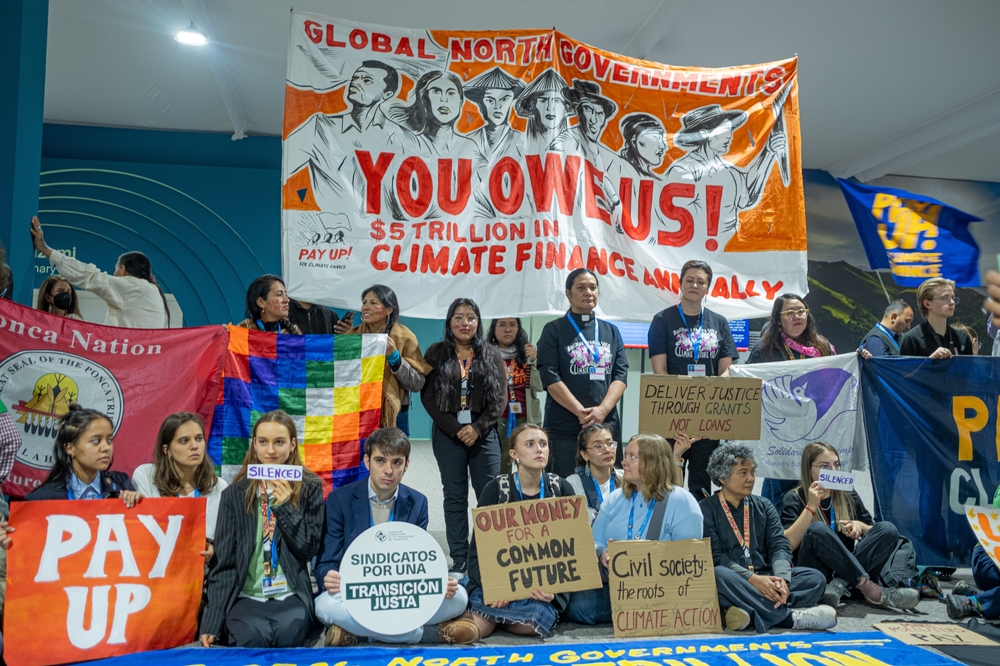
“This experience in Baku illuminates deeper flaws in the Cop process, including the outsized influence of fossil fuel interests that has hobbled this process since its inception. The Kingdom of Saudi Arabia has been particularly obstructive. Putting the future of humanity at severe risk in order to make more money is truly disgraceful behaviour. Reforming this process so that the polluters are not in effective control must be a priority. On climate finance, our primary task in the coming years must be to not only fulfil and build upon the financial commitments agreed to at Cop29, but to unleash even larger flows of affordable and fair private capital for developing countries. Ultimately, coming out of Cop29, we must transform disappointment into determination. We can solve the climate crisis. Whether we do so in time to meet the goals of the Paris Agreement will depend on what comes next.”
Bracing for Bad News in USA
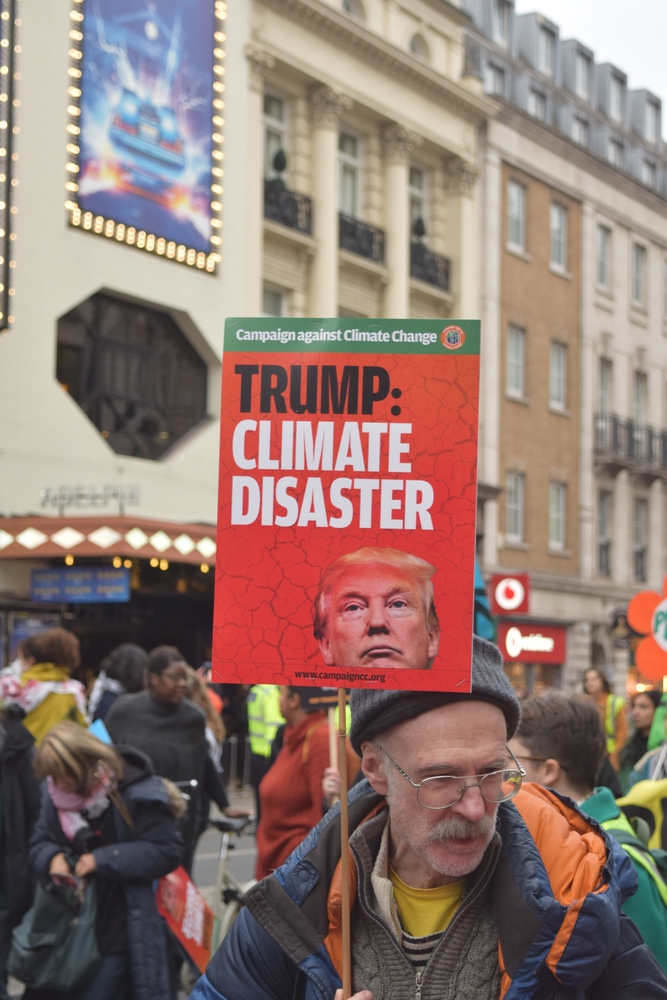
On the home front in the USA, climate activists are confronting the spectre of a rollback in renewable resource investment under the incoming Trump administration. But The New York Times Climate Forward points out that the Biden administration did not invest only in “blue” Democratic districts. The Clean Energy Boom in Republican Districts reported, “…about 85 percent of the announced investments from the bill have come in Republican districts, according to E2 data from August. “We’re at the advent of an economic revolution the likes of which we haven’t seen in this country in generations,” said Bob Keefe, executive director of E2. “If it gets rolled back or reduced, it’s not liberals that’ll be hurt, but working people in rural places.”
More than half of 900 clean energy companies surveyed by E2 in October said they would lose business or revenue if the I.R.A. was repealed. Businesses in rural America would suffer the most, according to the survey.“
Hopes in States, Localities, Private Sector
It is questionable how much a Trump administration can roll back progress made since 2021. There are many actors within states, localities, and the private sector that are devoted to ending reliance on fossil fuels and greenhouse gases that have ignited the climate crisis.
A recent Volts podcast covered one such private sector initiative. Learn more by listening to Electrifying big trucks, a conversation with Ray Minjares of ICCT and Jacqueline Torres of Forum Mobility.
If you want to get fired up for more climate action, check out the livestream event being held on December 3 at George Washington University in D.C. called The Climate Fight Ahead. Speakers include:
- Jane Fonda
- Roishetta Ozane
- Senator Ed Markey
- Rep. Maxwell Frost
- Rep. Melanie Stansbury
- …and more
Now, For Something Completely Different

Would you rather bury your head in a book that has nothing to do with the climate crisis or politics? Or, do you want a good holiday gift idea? My first memoir is available now for just $5 in paperback. Check out Unearthing the Ghosts: A Mystery Memoir. Or get the Ebook for $4.99. You can also see reader reviews and get either the paperback or eBook at Amazon.
You can also get a 25% discount on my 2024 book, Rear-View Reflections on Radical Change. Use the code HolidaySale when you check out – only at this link.

